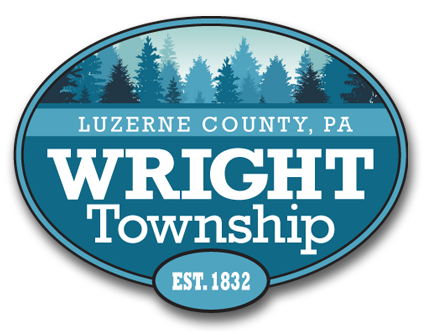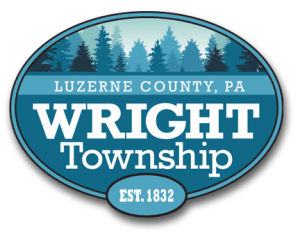Municipal Separate Storm Sewer Systems, commonly known as MS4, play a crucial role in managing stormwater runoff in Pennsylvania. An MS4 is a system of storm drains, pipes, and ditches designed to collect and convey rainwater and snowmelt. Unlike combined sewer systems, MS4s keep stormwater separate from wastewater, preventing overflows and reducing pollution in local waterways.
Why is MS4 Important?
In Pennsylvania, MS4s are vital for protecting our environment and public health. Stormwater can pick up pollutants like oil, chemicals, and debris as it flows over streets and lawns. Without proper management, these pollutants can end up in our rivers, lakes, and streams, harming wildlife and contaminating drinking water supplies.
To address these concerns, Pennsylvania’s Department of Environmental Protection (DEP) requires municipalities to implement MS4 programs. These programs focus on six key areas: public education, public involvement, illicit discharge detection, construction site runoff control, post-construction stormwater management, and pollution prevention for municipal operations.
How Does This Affect Our Community?
For residents and businesses, MS4 regulations mean more than just cleaner water. They involve community engagement and education about the impact of stormwater pollution and the importance of maintaining local infrastructure. Municipalities are also required to monitor and report on the effectiveness of their stormwater management practices.
By complying with MS4 requirements, our community can help protect our natural resources, ensure cleaner waterways, and create a healthier environment for all. This proactive approach not only meets state and federal regulations but also preserves the quality of life for current and future generations.
For more information on how you can contribute to stormwater management efforts in our area, visit the Pennsylvania DEP’s MS4 program page or contact your local municipal office.

